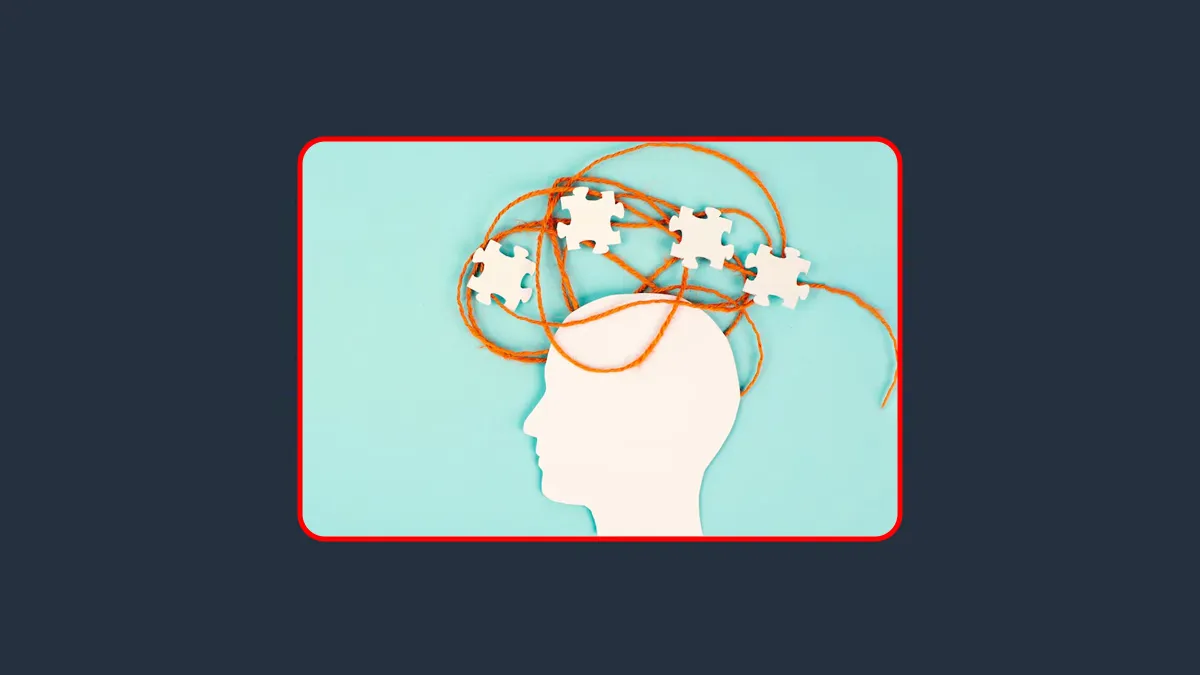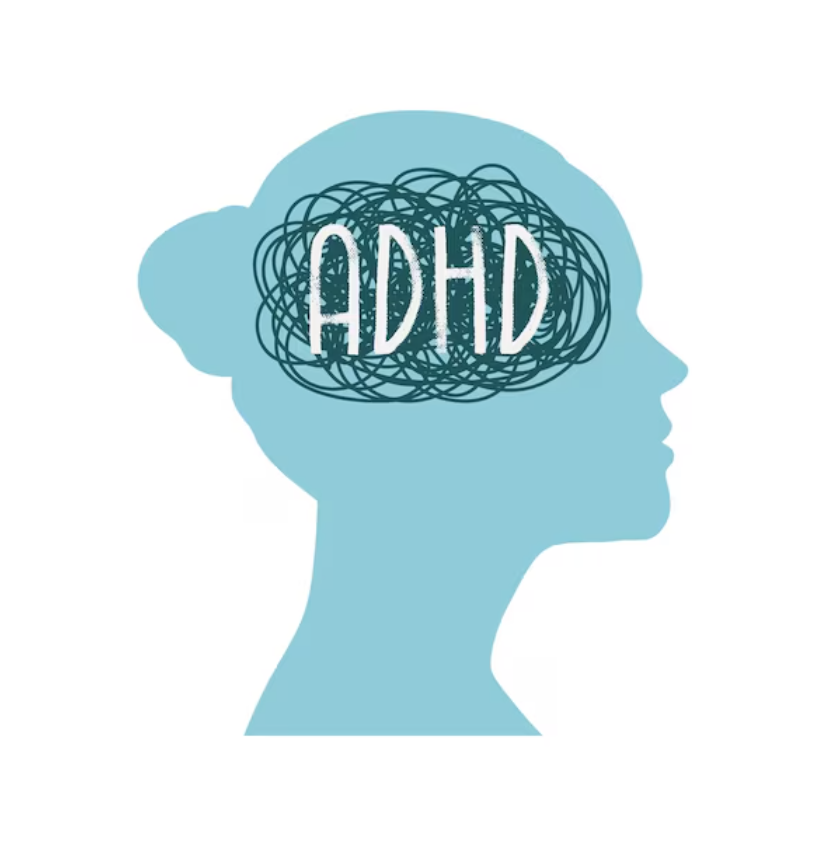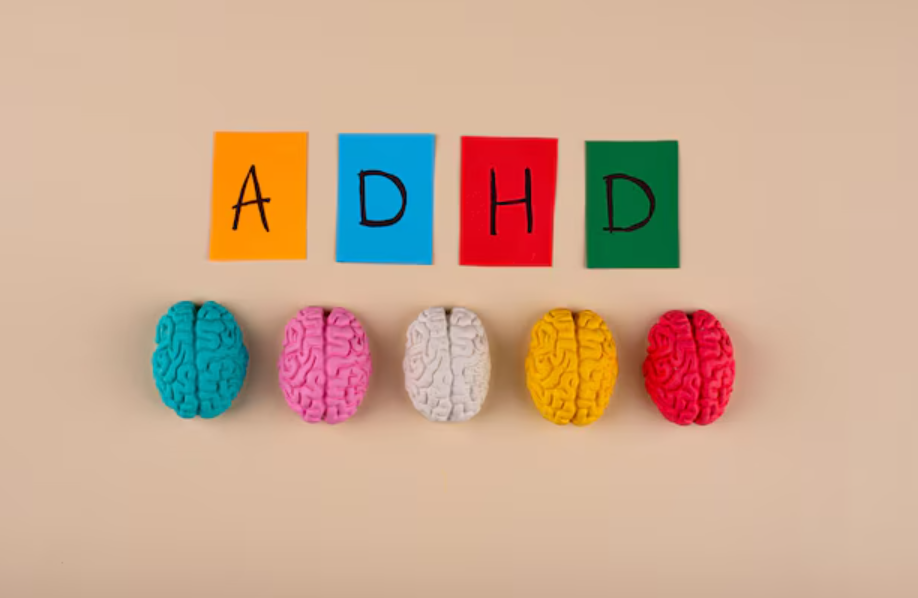
Do I Have ADHD? Signs, Symptoms, and How to Get a Diagnosis—Experts Weigh In
Ever feel like your brain is a browser with 100 tabs open, all playing different songs? You're not alone. Attention-Deficit/Hyperactivity Disorder (ADHD) is more than just a buzzword—it's a real neurodevelopmental condition that affects both kids and adults.
In an era of constant distractions and information overload, distinguishing between everyday stress and Attention-Deficit/Hyperactivity Disorder (ADHD) can be challenging. To shed light on this complex condition, we've consulted with leading experts in the field.
Understanding ADHD
Sohini Rohra, a Counselling Psychologist, Author, and Mental Health Advocate, explains that ADHD manifests in two primary categories: inattention and hyperactivity/impulsivity.
"Inattention symptoms include difficulty focusing, being easily distracted, and struggling to complete tasks," Rohra states. "Hyperactivity and impulsivity, on the other hand, can present as excessive fidgeting, talking excessively, or interrupting others frequently."

Adult ADHD Signs and Symptoms
While ADHD is often associated with childhood, it can persist into adulthood, presenting unique challenges. Rohra highlights some adult-specific symptoms:
- Chronic procrastination
- Low frustration tolerance
- Difficulty prioritising tasks
- Relationship challenges due to impulsivity or inattentiveness
- Mood swings or emotional dysregulation
- Poor time management
"ADHD in adults can significantly impact various aspects of life, including work performance, personal relationships, and self-esteem," Rohra emphasises.
Don't Miss: How Running 10,000 Steps A Day Can Boost Your Well-Being, Expert Weighs In
ADHD Diagnostic
Parth Gupta, a Psychologist specialising in Behavioural and Clinical Psychology, cautions against self-diagnosis. "Symptoms alone do not constitute a diagnosis," Gupta warns. "A proper ADHD diagnosis requires a comprehensive evaluation by healthcare professionals."
- Consultation with a qualified healthcare professional, such as a psychologist or psychiatrist
- Thorough assessment, including clinical interviews and standardised questionnaires
- Input from family members or close associates
"Early intervention can be crucial in effectively managing ADHD symptoms," Gupta adds, encouraging individuals experiencing persistent symptoms to seek professional evaluation.

Before confirming an ADHD diagnosis, experts conduct a comprehensive evaluation to rule out other potential causes. Rohra explains that conditions such as anxiety, depression, learning disorders, and even thyroid problems can present similar symptoms to ADHD.
"A thorough personal and medical history is obtained during the assessment," Rohra says. "This includes gathering information from multiple sources, such as teachers, parents, and family members, to ensure a comprehensive understanding of the individual's symptoms and their impact on daily functioning."
For a formal ADHD diagnosis, Rohra notes that symptoms must significantly interfere with functioning for at least six months. This criterion helps differentiate between temporary stress-induced symptoms and persistent neurodevelopmental issues.
As awareness of ADHD continues to grow, it's crucial for individuals experiencing persistent symptoms to seek professional guidance.
Don't Miss: 5 Home Remedies To Treat Digestive Issues
For more such stories, stay tuned to HerZindagi
Herzindagi.com is Jagran New Media's gender and lifestyle vertical, catering to women of all age groups, helping them remain updated, on-trend and aware. To improve our performance and understand our readers' interests better, we have created this poll. This will take 2 minutes of your time, do help us out with this link.
Image Courtesy: Freepuk
Also watch this video
Herzindagi video